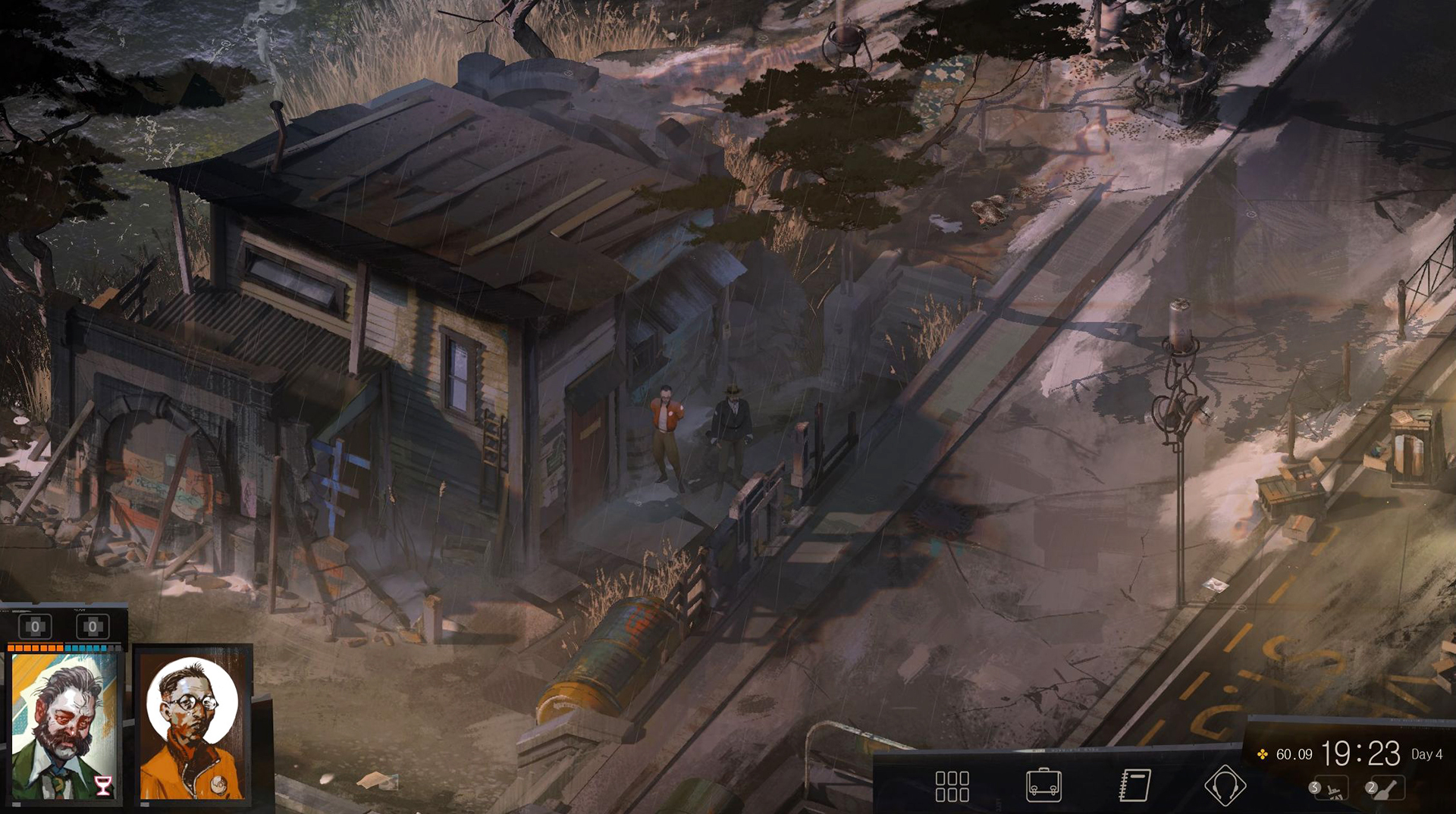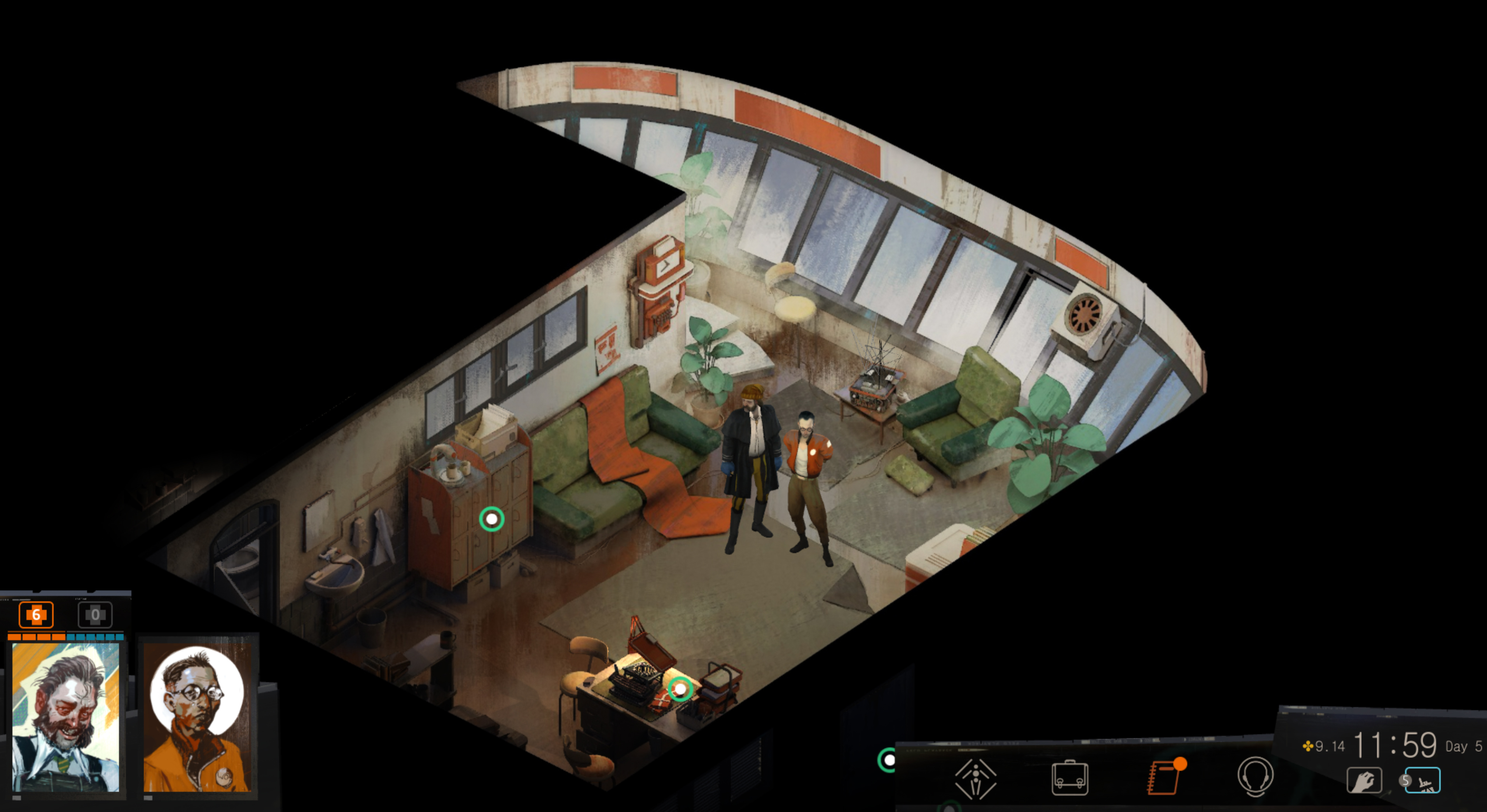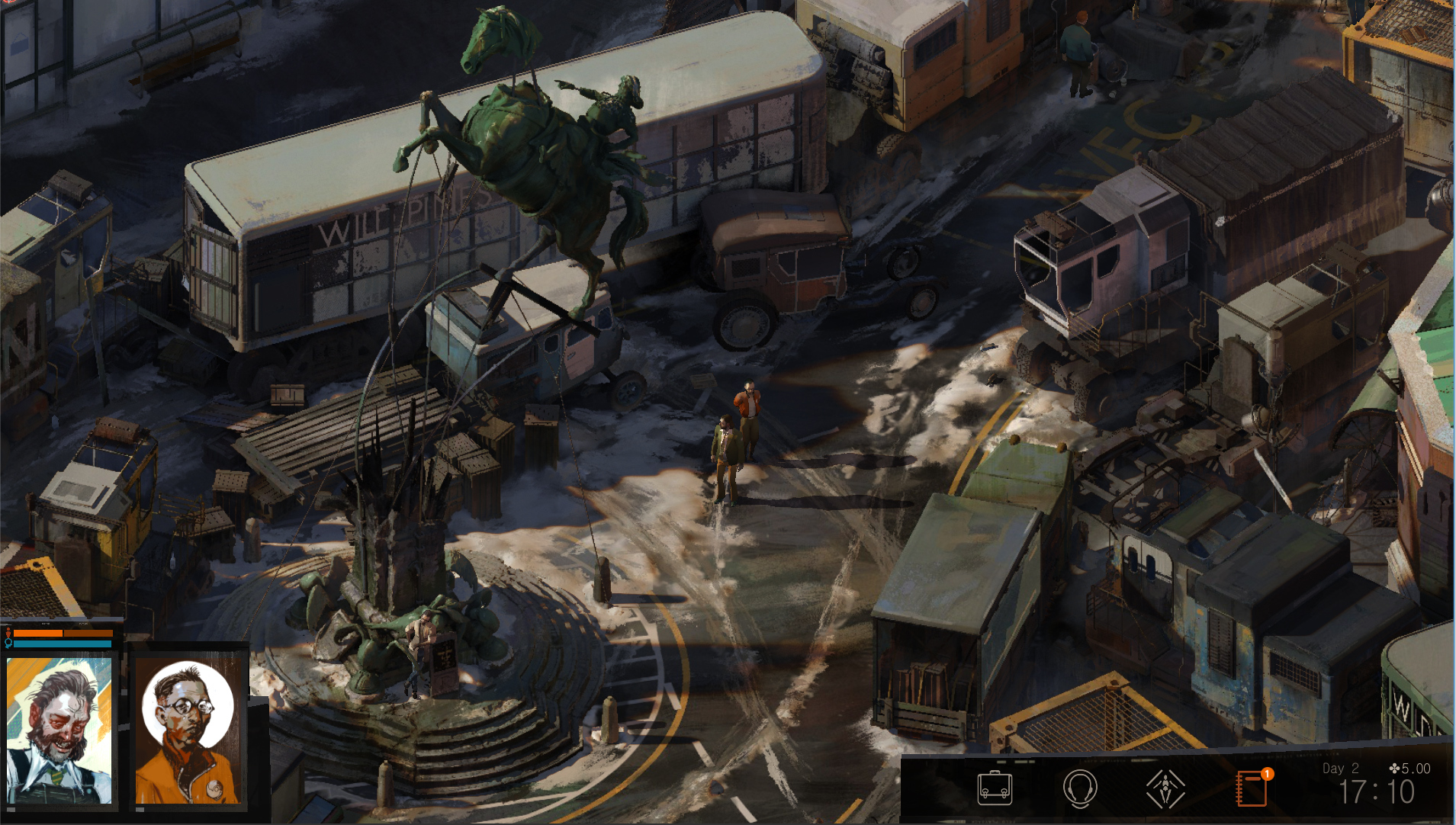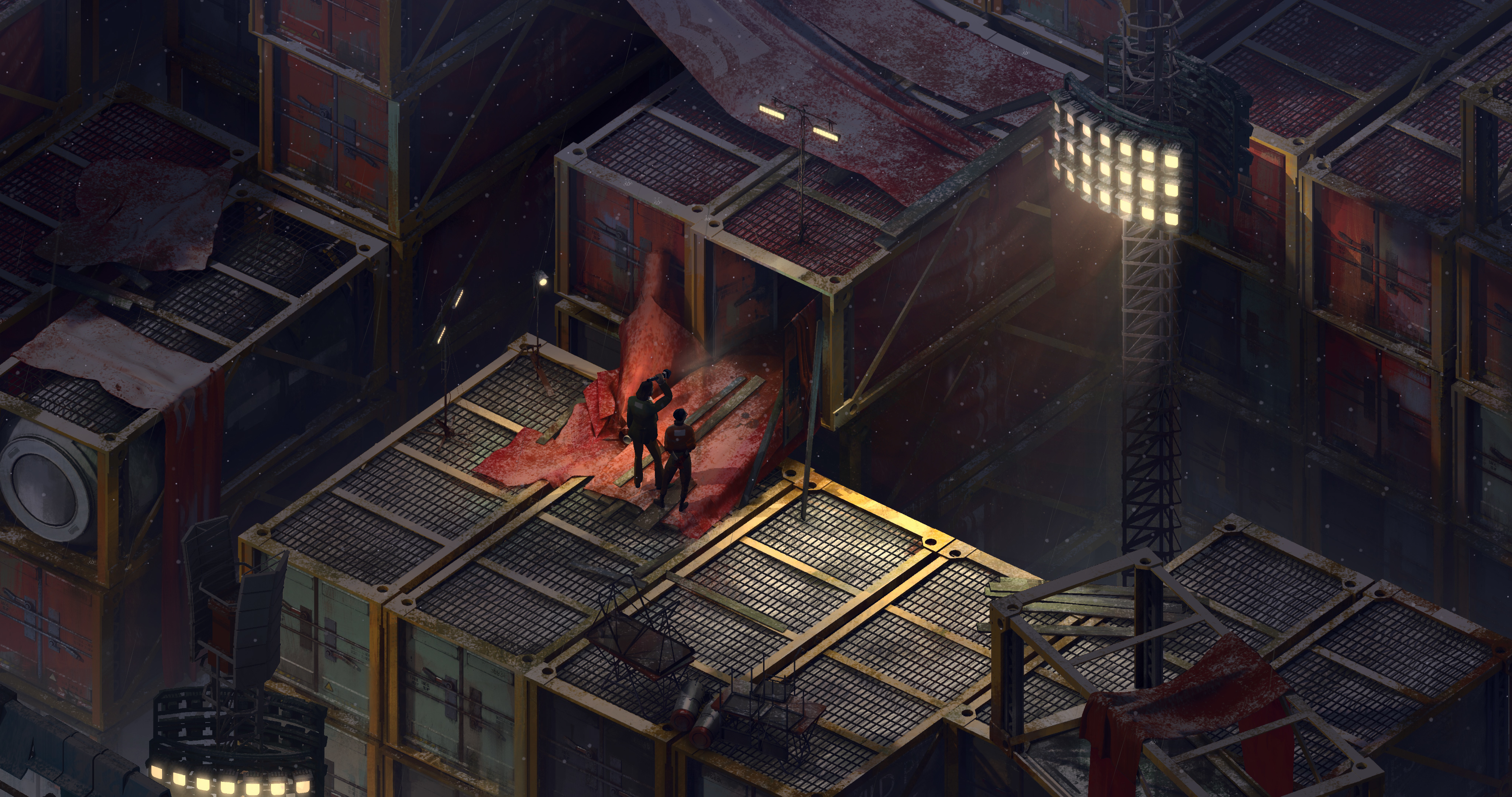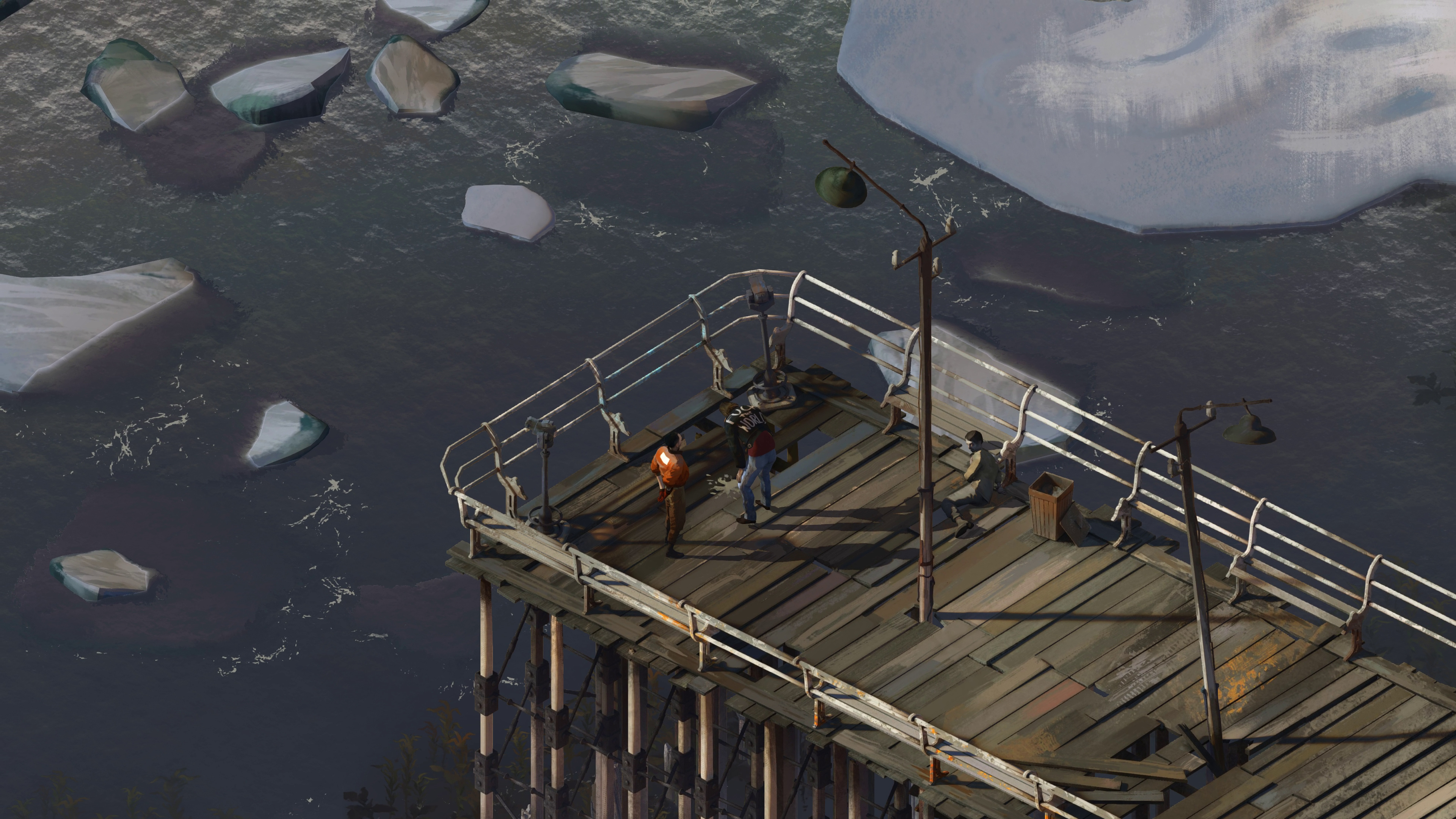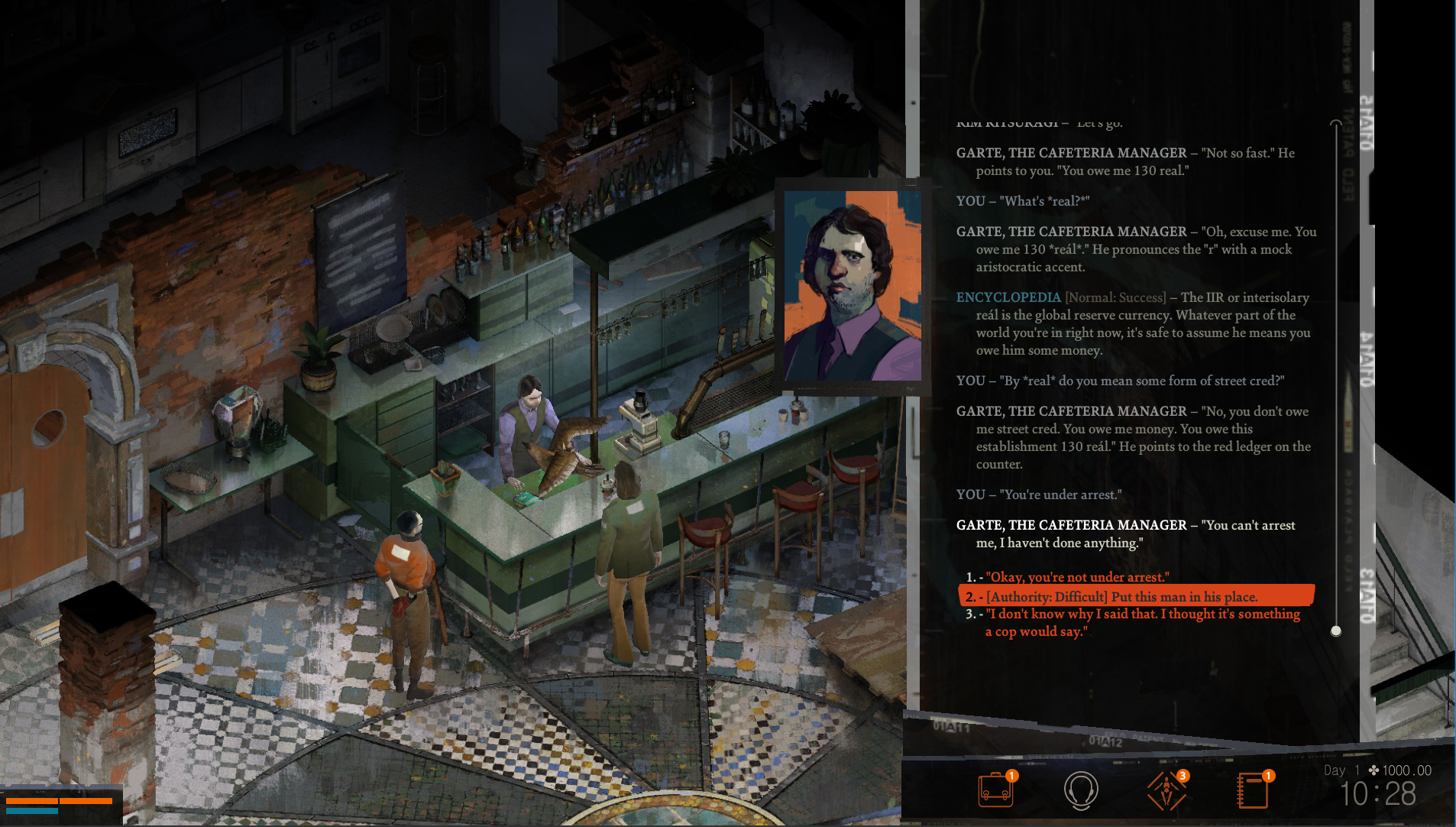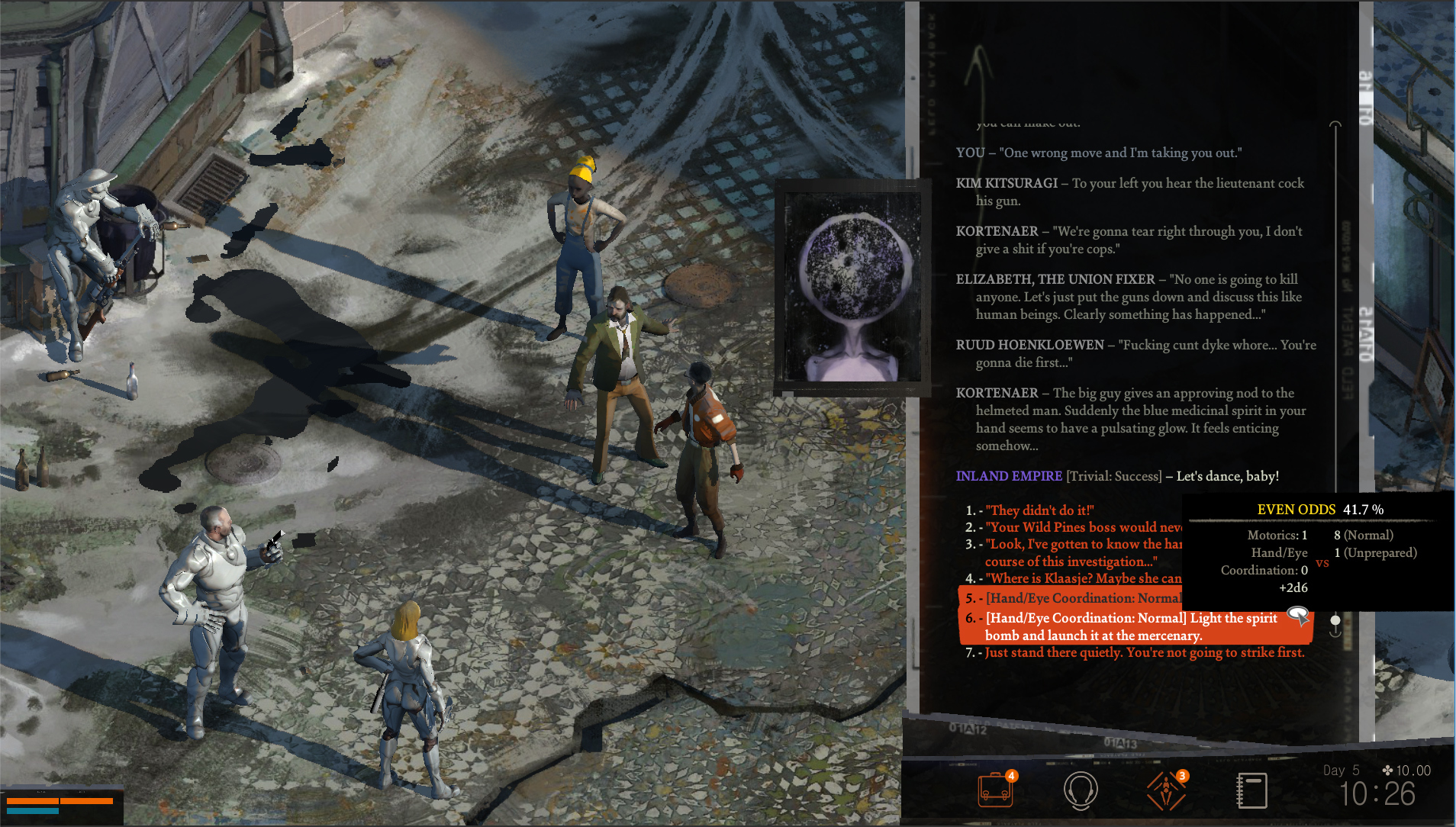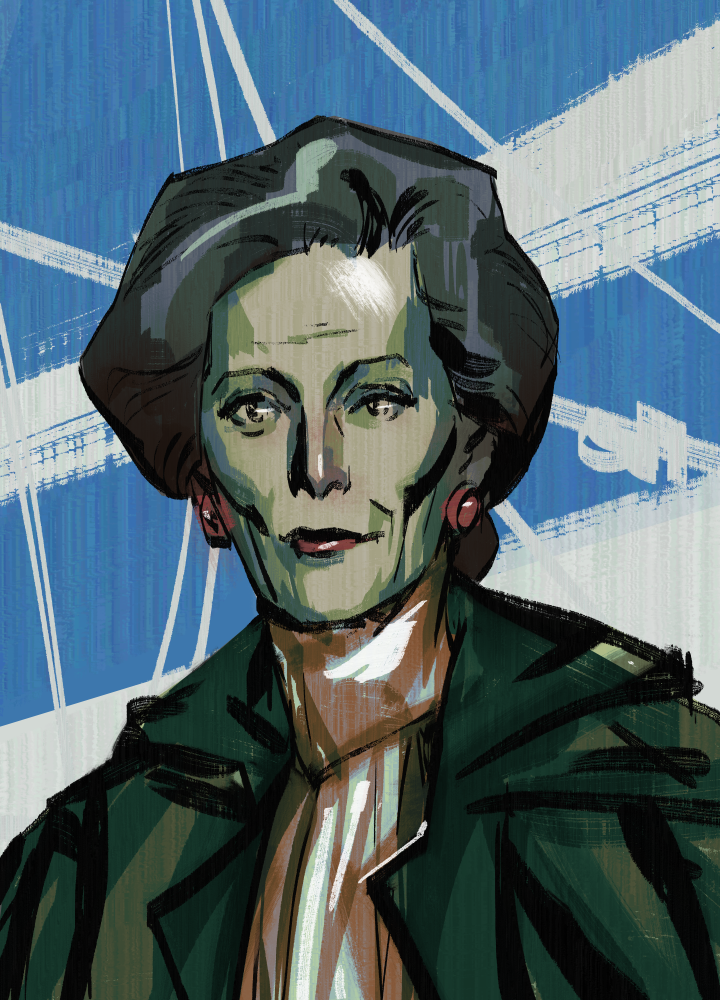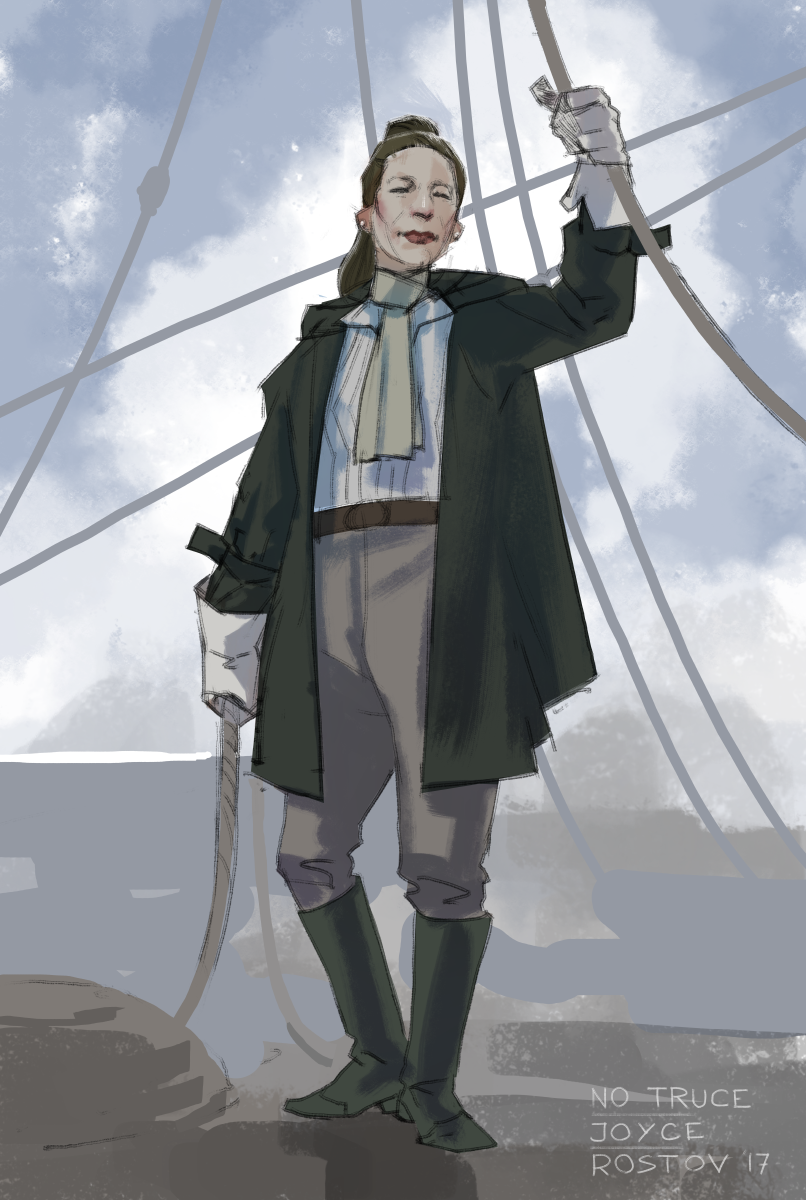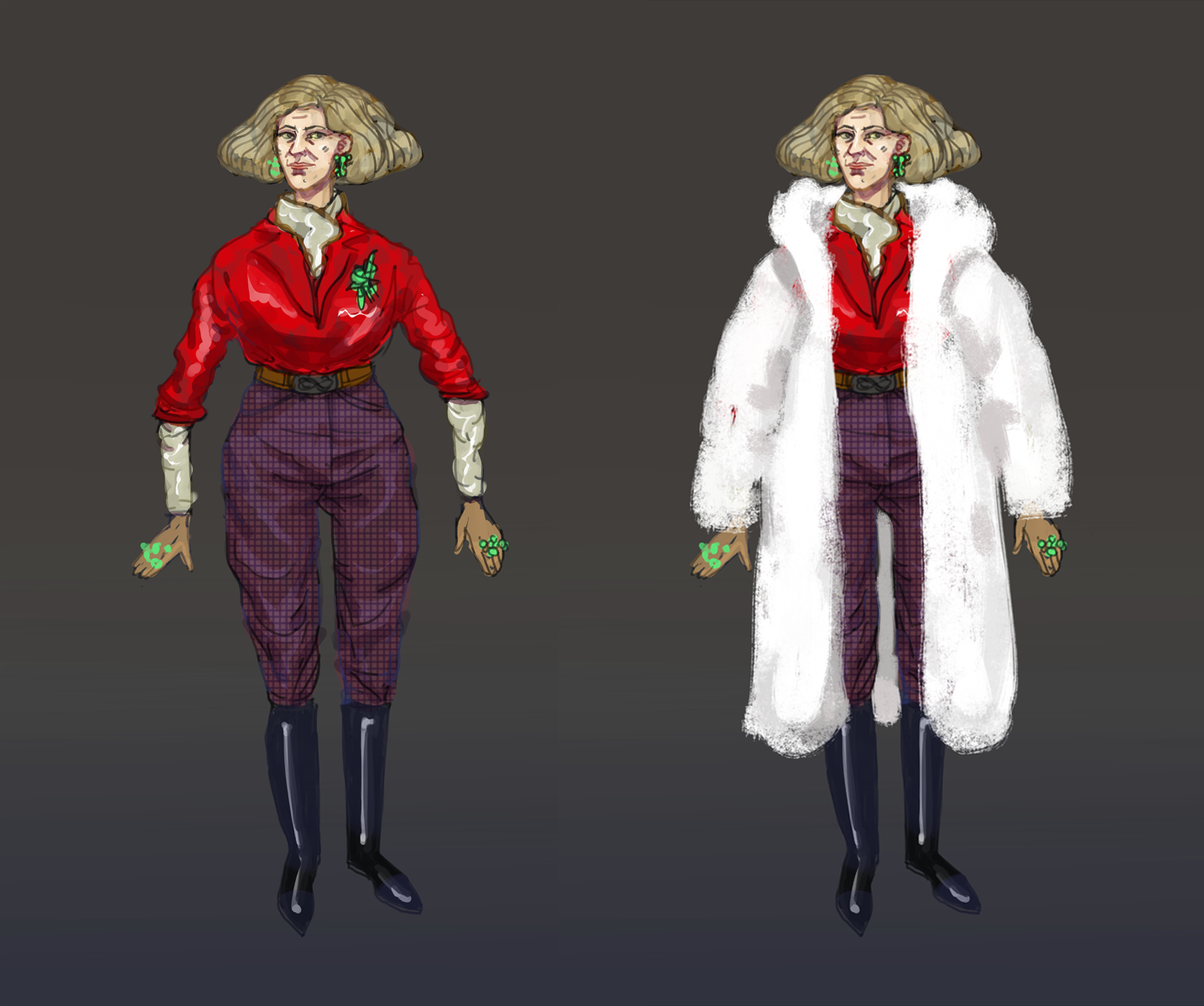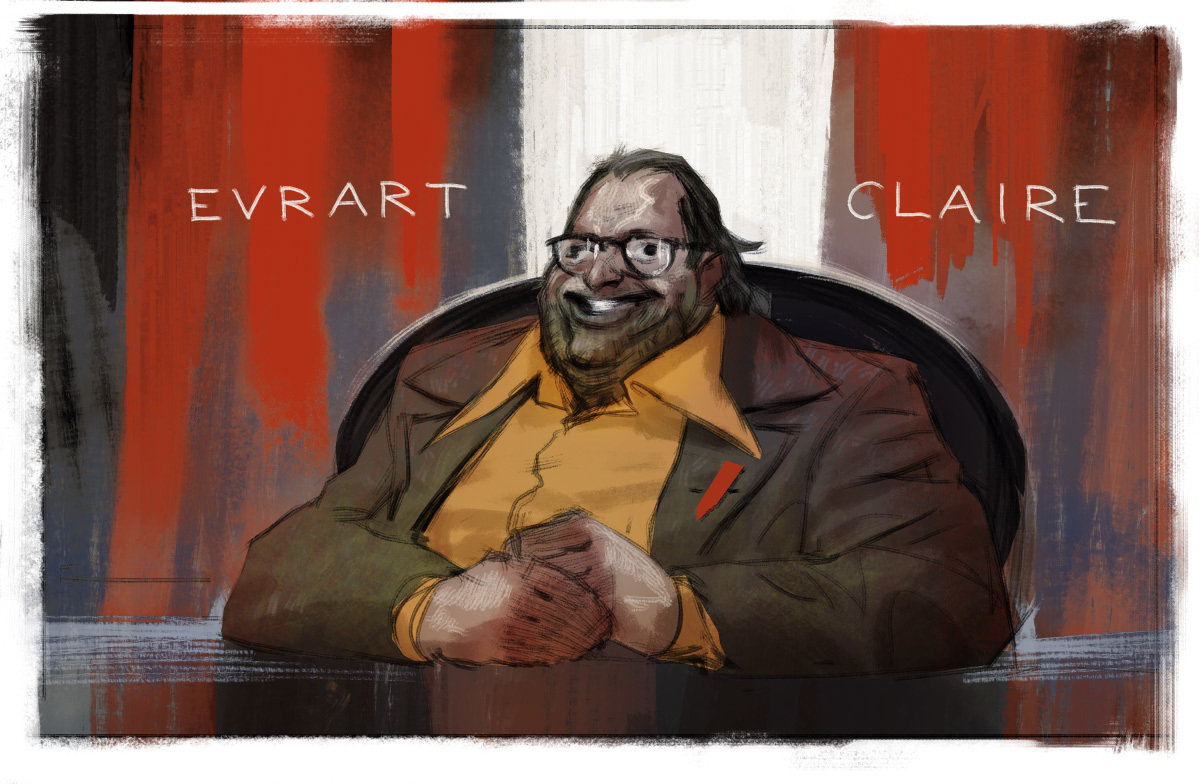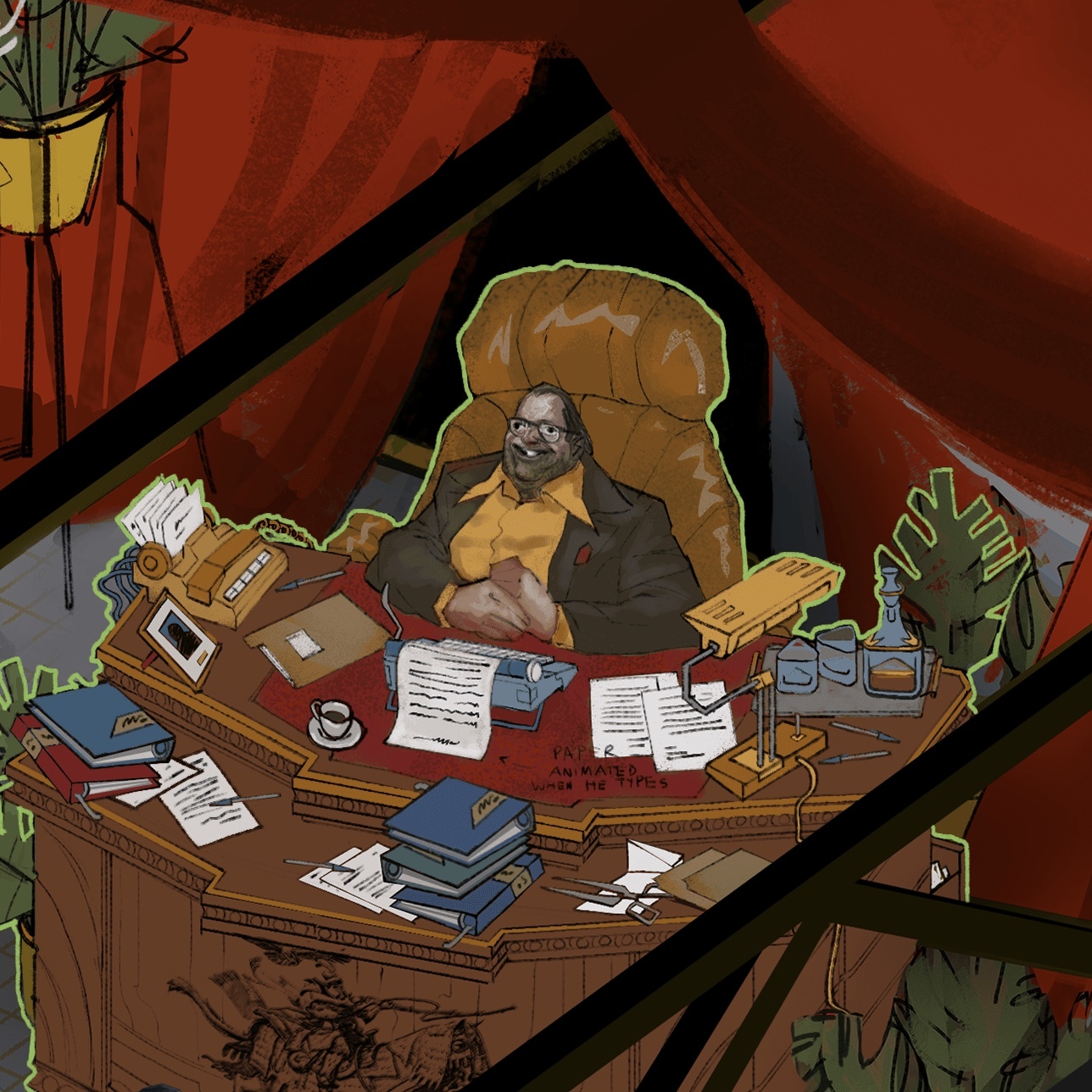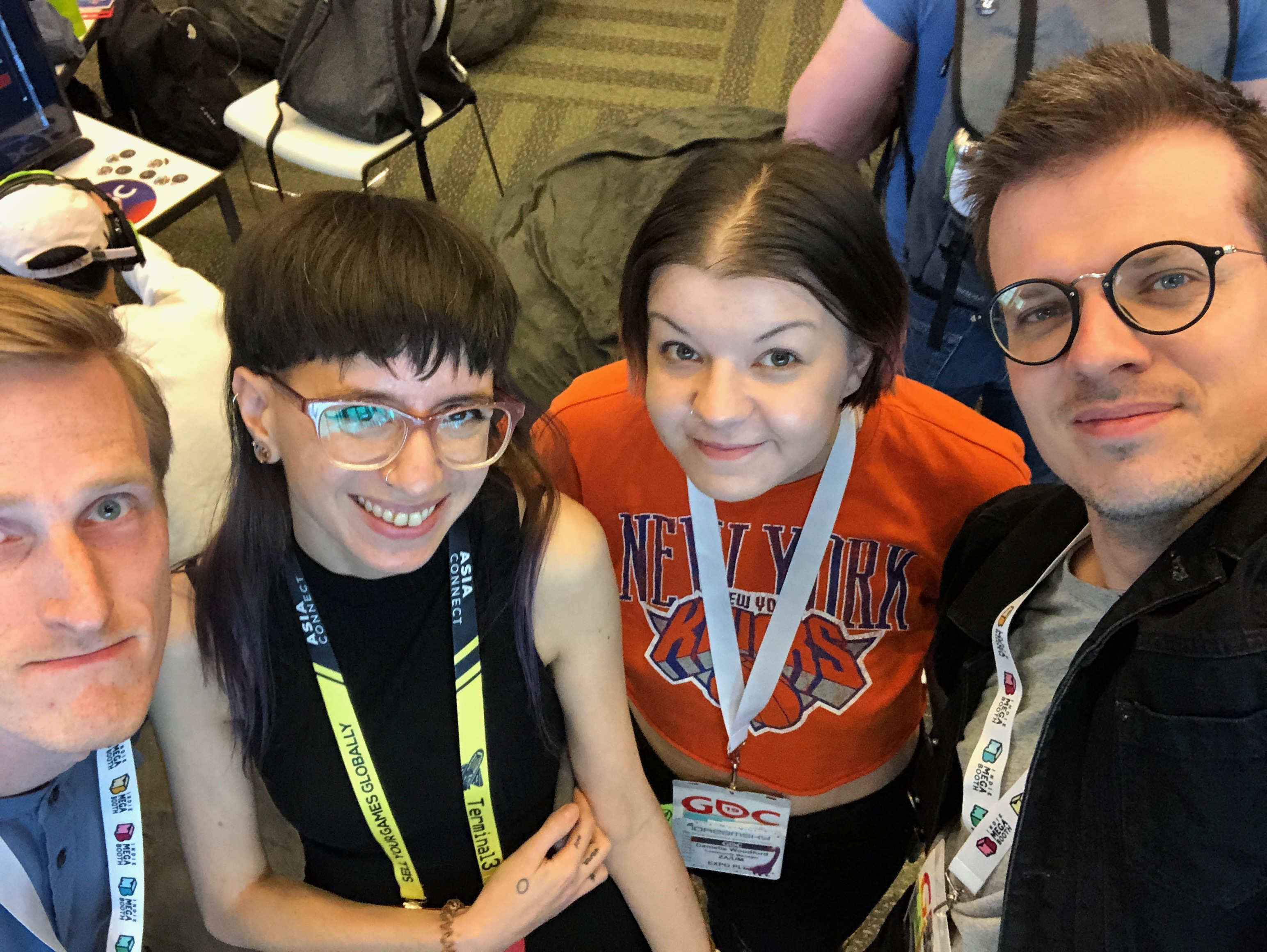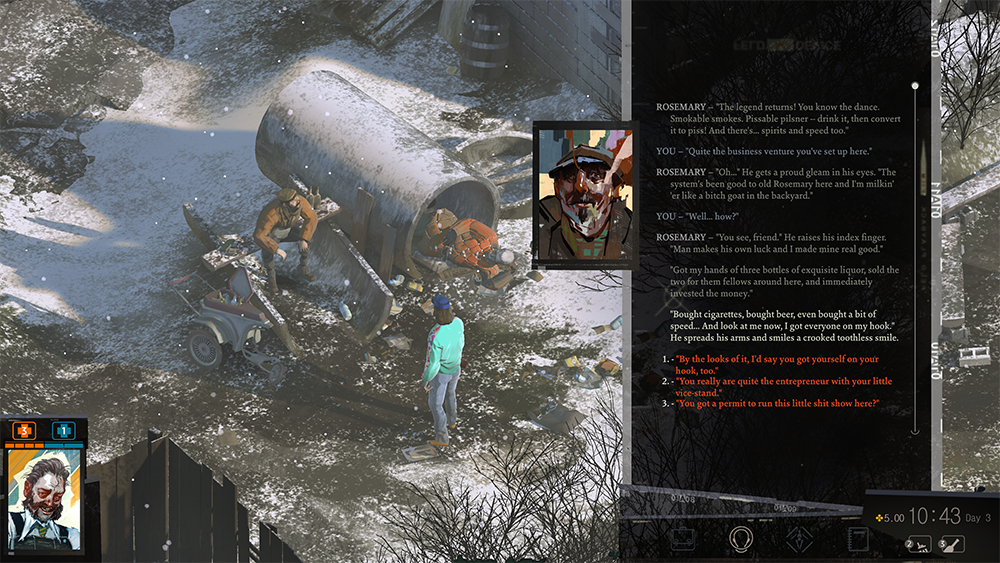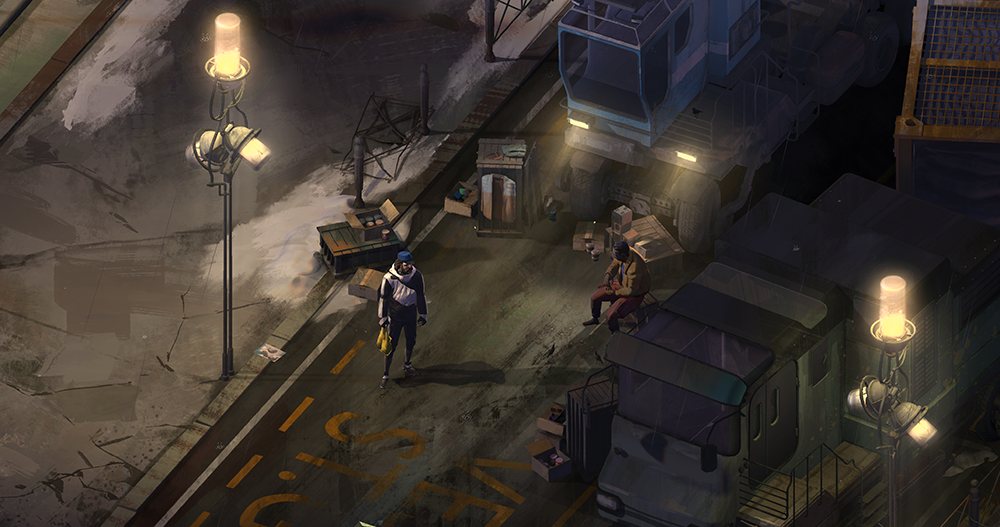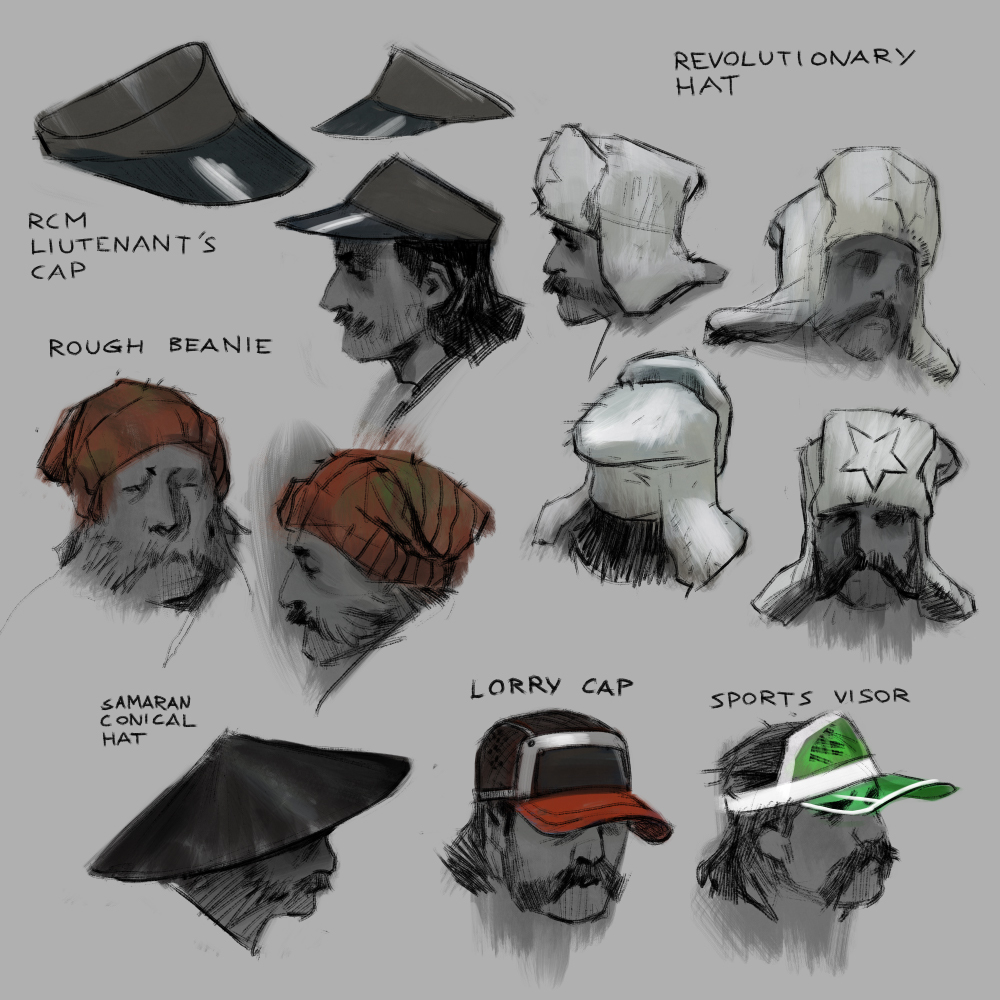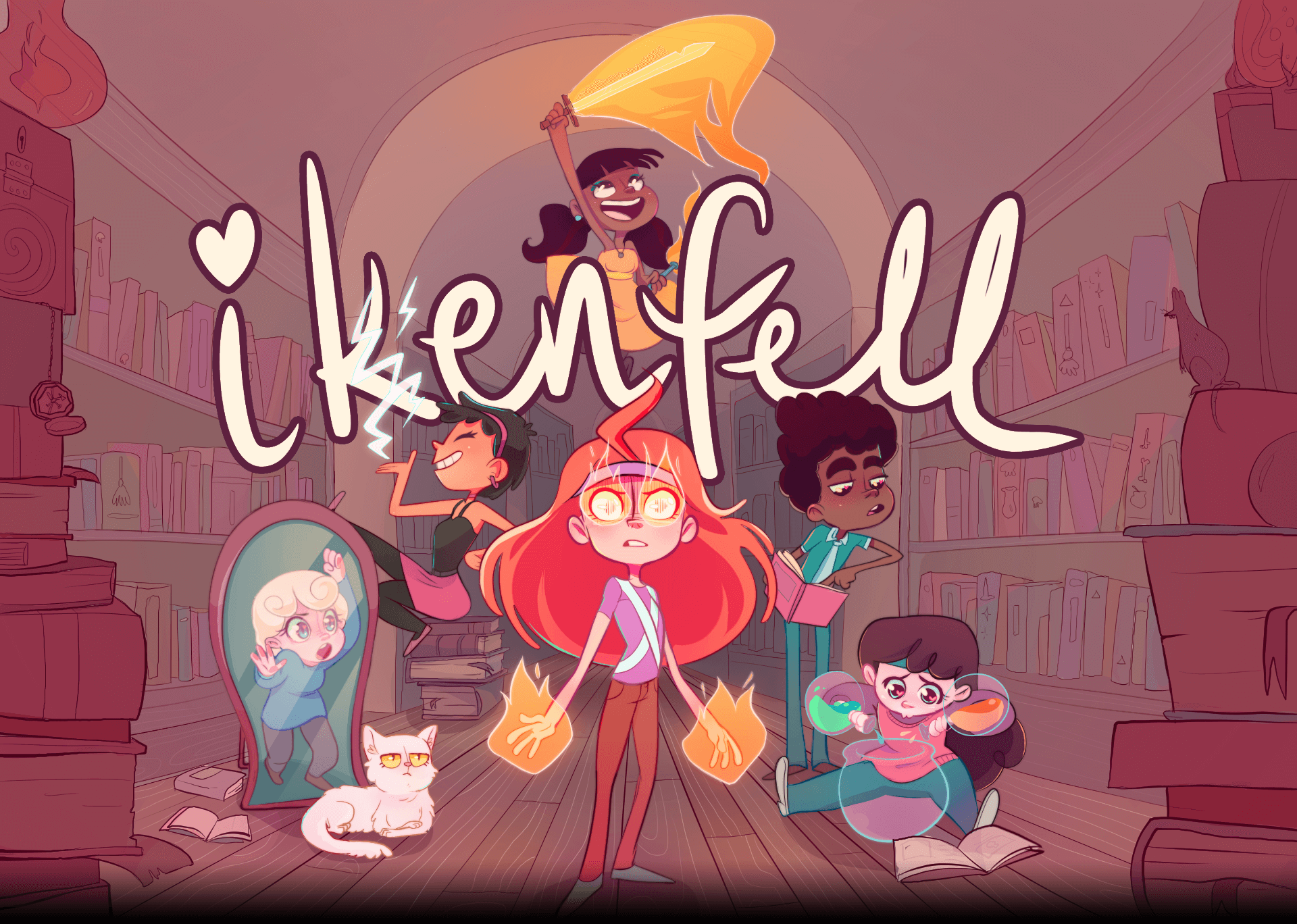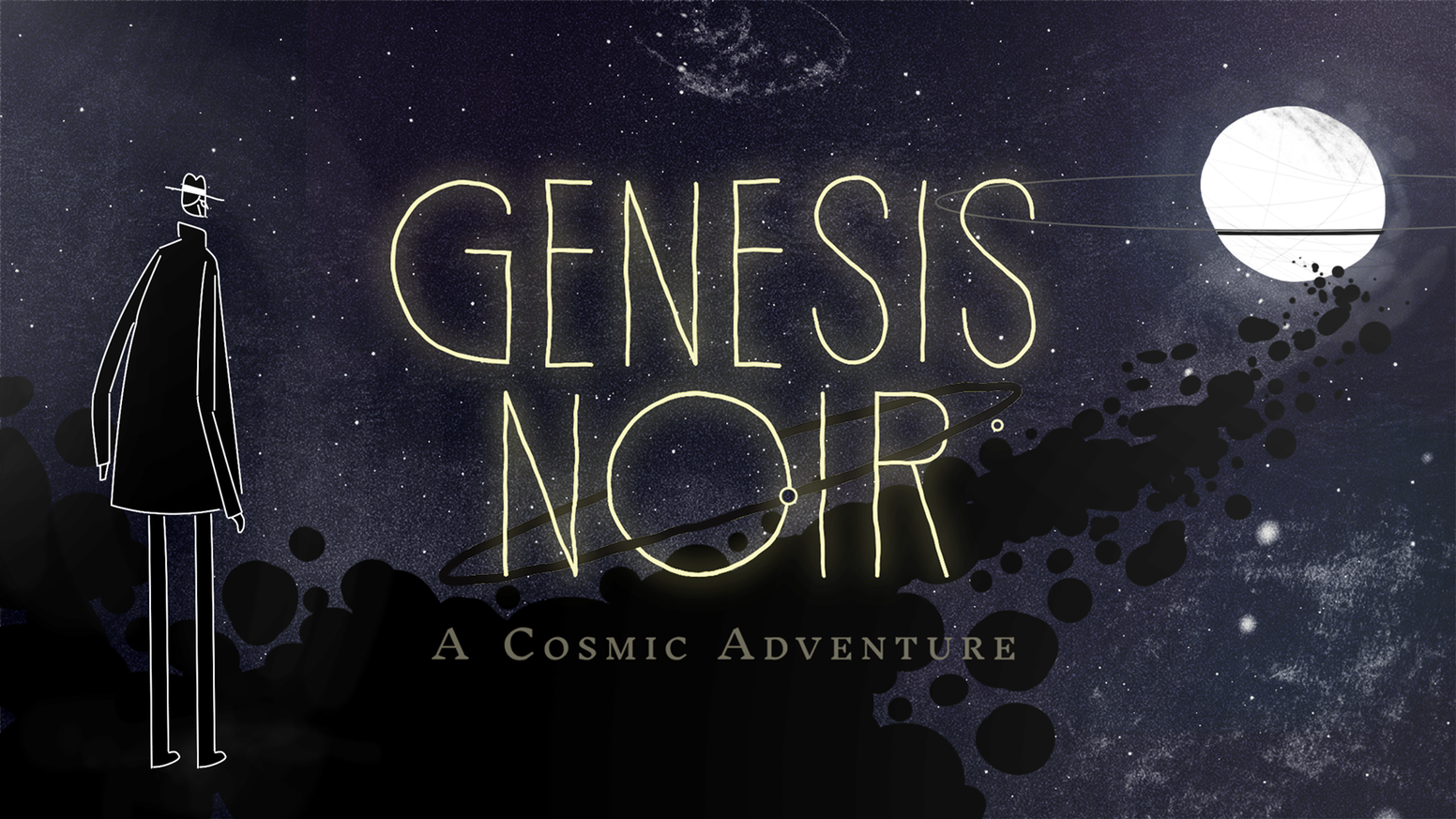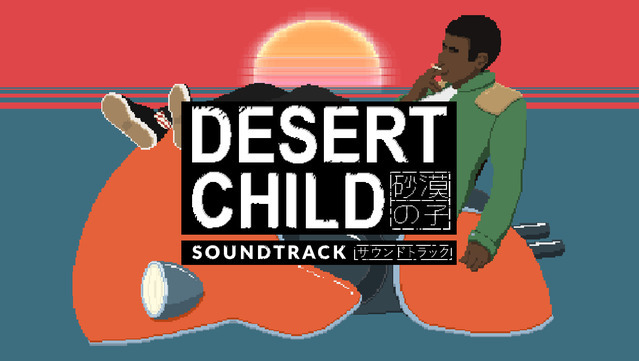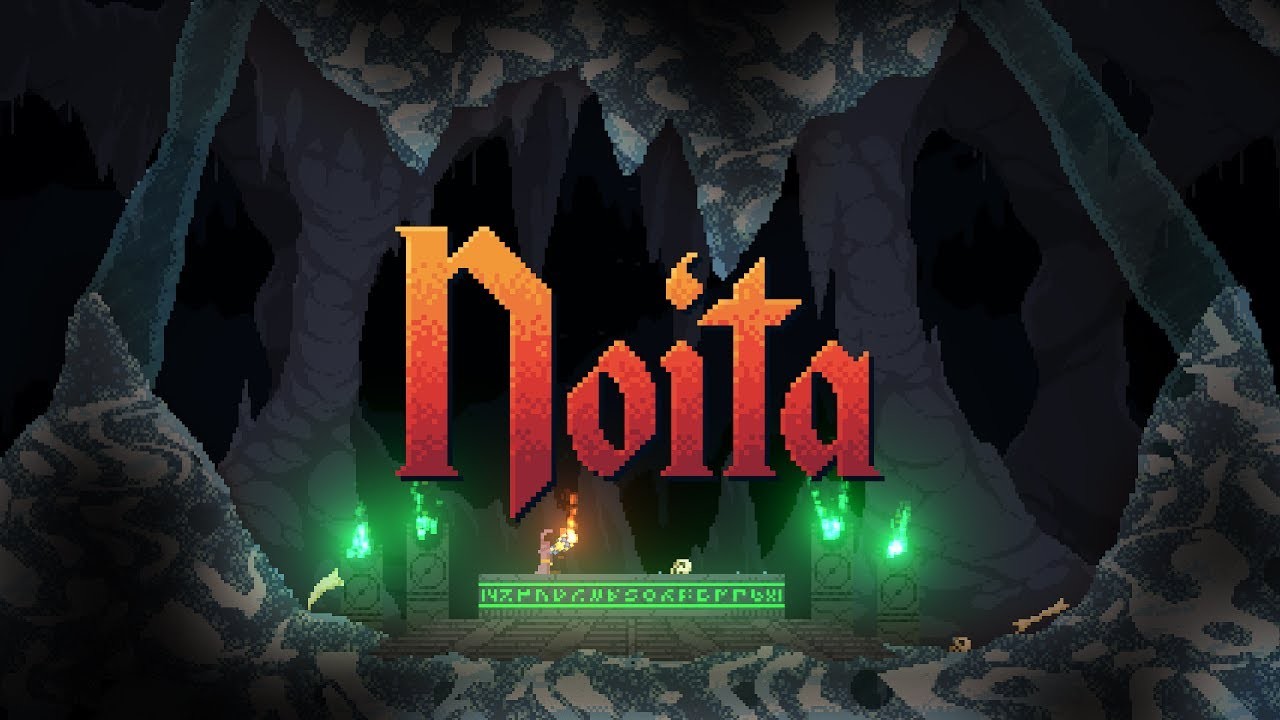
Sep 30, 2019
Disco Elysium - The Final Cut - ZAUM_Dani
The time has come to talk about the Thought Cabinet, Disco Elysium's illustrious “inventory for thoughts.” Let me start by presenting an image. A rather detailed image. Of all the icons of all the thoughts you can get in Disco Elysium, woven into a single tapestry. The Thought Cabinet art is made by Anton Vill, a concept artist known for, among other things, his work on the film Mad Max: Fury Road.
The full-resolution version of this image takes 10 minutes to load, so we’re hoping to include it in the deluxe edition of the game. Here’s the web version:

Each little composition on that image is one “Thought”. It's impossible to get them all in one play-through, or even two. Each Thought comes into play face down. Only its name and some initial info are known to you. It takes in-game time to reveal its true identity by “internalizing” it. To truly uncover the mysteries of all these bad boys takes years of hard-core roleplaying. There are a total of 53 thoughts in the game. On average, a single character discovers and internalizes 16 of them in one playthrough.
And that, in a nutshell, is THC – how we're abbreviating Thought Cabinet :) This mega-feature has gone through multiple iterations. It's a unifying element that ties all the game's systems together. Thoughts are like Fallout's “traits” (back in the 14th century when Fallout had traits) crossed with Civ's “world wonders”. They're loot for your mind that you collect from the world by talking to people. They function as traits, perks, reputations and alignments.
You store Thoughts in your Thought Cabinet - your mind-lab, where you cook up new ideas and obsessions. Conduct research into futuristic armour, become a free market evangelist by thinking about indirect taxes, or just contemplate suicide. All with the power of your mind.
THC is the game's reputation system.
In Disco Elysium there are tags you can acquire that make people think of you in a certain way. Say something stupid and they will remember it, help someone and they'll remember that too. So far, so routine. But Disco Elysium also has an internal reputation system. Your skills – your faculties that talk to you in your head – develop notions about you too. Have you said three artsy things in the last hour? Been telling people you want your name to be Raphael? Trying to recall a lost memory, or your home address? Your skills can turn these into full blown Thoughts: “Actual Art Degree”, “Detective R.A. Costeau”, “The 15th Indotribe” and “Lonesome Long Way Home”. You can turn yourself into a deranged “Torque Dork”, constantly thinking about auto-mechanical trivia. Or torture yourself with the “White Mourning” – the shadow of someone you used to love. This adds a new layer of role playing options I like to call soul customization. THC is also the game's perk system.
In addition to producing dialogue options and story events, thoughts have mechanical implications. Once processed, they can provide bonuses and – more often – diabolical side effects. Each is a riddle, posing a question for you to answer. The bonus (or penalty) is the Aesop at the end of that story. Thinking of love lost corrodes your soul, but it also gives you an expanded perspective: Your maximum zoom-out range is increased, letting you take in breath-taking vistas. Recalling that memory can lead to drugs being more powerful for you. When the Art Cop uses his Conceptualization skill they gain XP for every criticism. There's even a thought that (temporarily) makes you fail all your skill checks, turning you into a walking disaster, which in turn, can lead to new thoughts. Thoughts evolve over time.
You need to “internalize” most Thoughts for them to reach their full potential. For this, your Thought Cabinet has slots to put them into. Prior to this, you only have a vague idea of what a Thought might do. You have a set-up. A picture on a closed box. Each Thought has an internalization period. This can range from 30 in-world minutes to 3 in-world days. Some mental projects are massive, others fleeting. When the process is complete you get an animation -- not unlike finishing a world wonder in Civ. This is where you open the box, read the punchline. Face whatever wondrous and terrifying mechanical effects this revelation has on your character.
If you don't like the conclusion you’ve reached, you can always “forget” the thought by spending one “skill point”, the currency commonly used to improve your skills. If all your internalization slots are full, you can spend a skill point to open up a new slot. Since there is a finite number of slots in your Thought Cabinet you need to curate your thoughts carefully. Players start forgetting old thoughts to make room for new ones, as they mature and reach their final form: The Soul Reaver.
(Note: Disco Elysium doesn't actually feature soul reaving, I just made it up to sex up the paragraph.)
Some (very special) thoughts open up big things in the story.
You can finish a thought, then read its description and see that it tells you to go and ask a specific person in the world a specific question. This creates a rhythm where you talk to someone, mull it over, then return to them with a new (often revelatory) topic. Personally, I adore this part of the Thought Cabinet so I just wanted to point it out. Finally, Thoughts are also how Disco Elysium handles classes and alignments.
Not all Thoughts are created equal. Some have a larger effect on your character than others. None more than the four Ideologies and four Copotypes. Ideologies are as close as Disco Elysium gets to an alignment system. Copotypes are how you view yourself as a police detective. Combine these two and you can be a socialist Superstar Cop. Or a centrist Sorry Cop who apologizes profusely. You can also dual-Copotype, or even mix and match ideologies. This, combined with the choices made in character creation – and the rest of the Thoughts – makes for hundreds of different builds. So, as you can see: THC does a lot of things. I think we've gotten it quite nifty, to be honest.
You can get Disco Elysium on October 15th for 39.99 USD / 39.99 EUR / 34.99 GBP respectively.
- Robert





